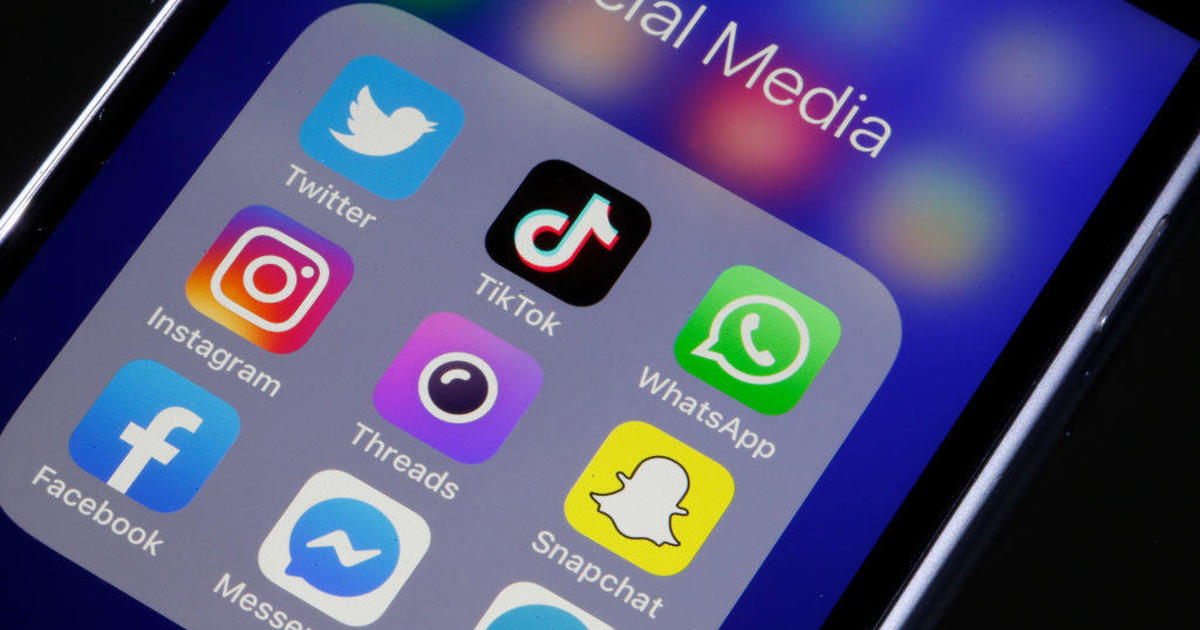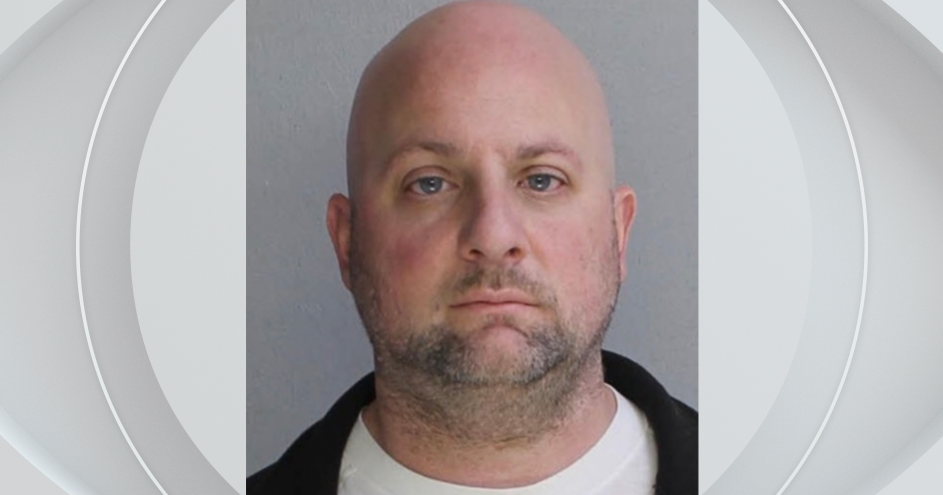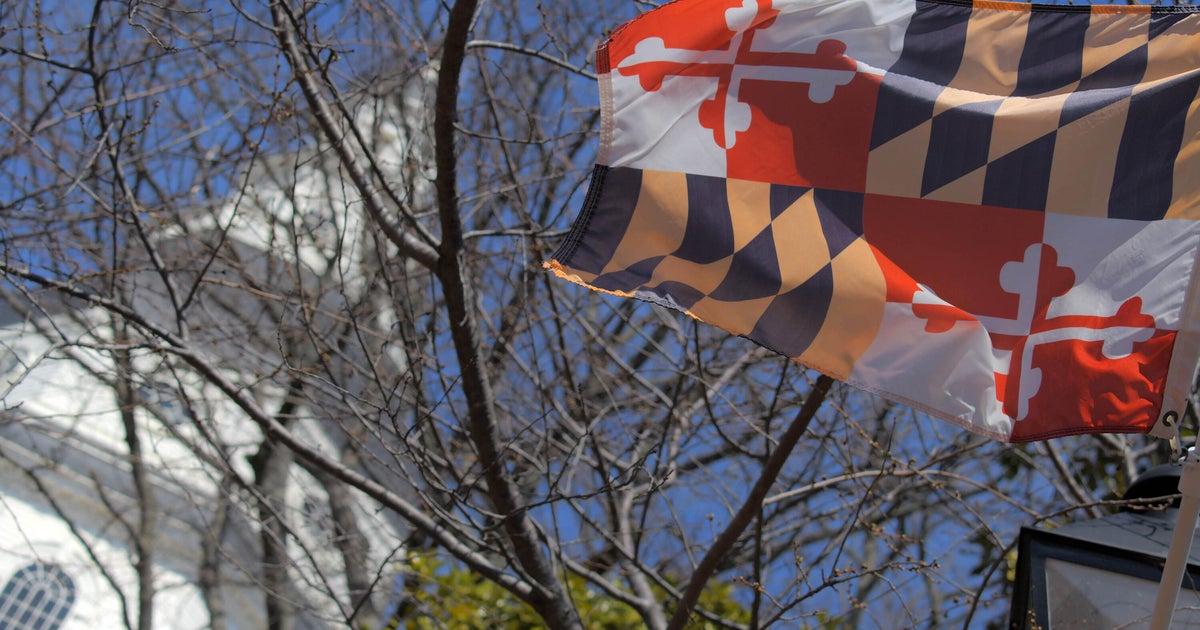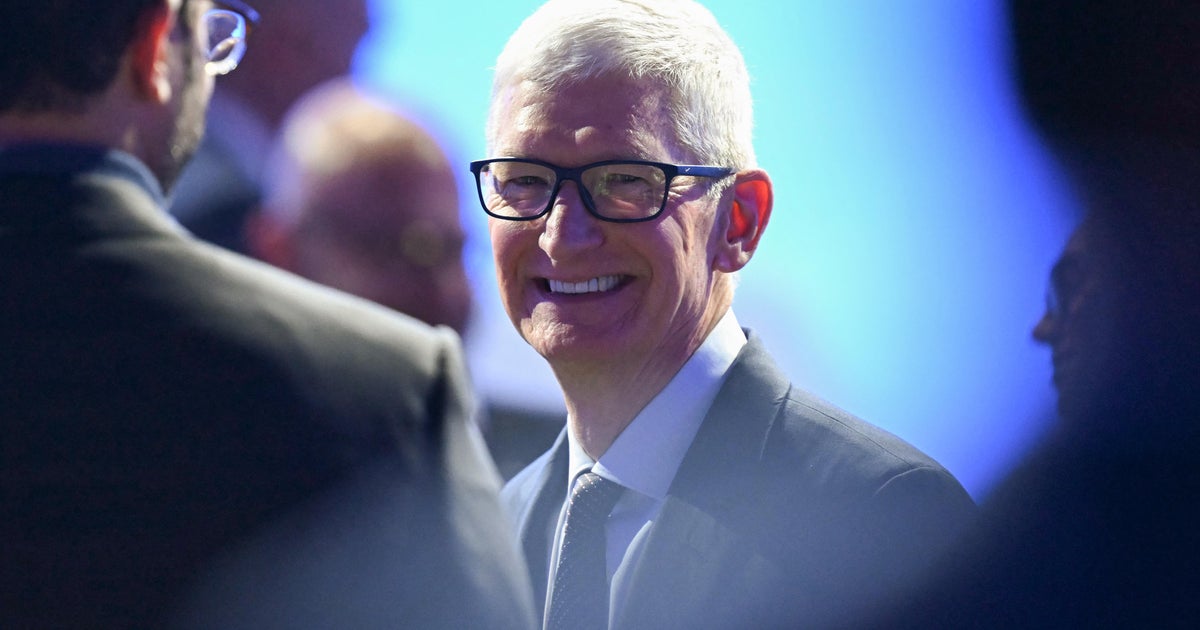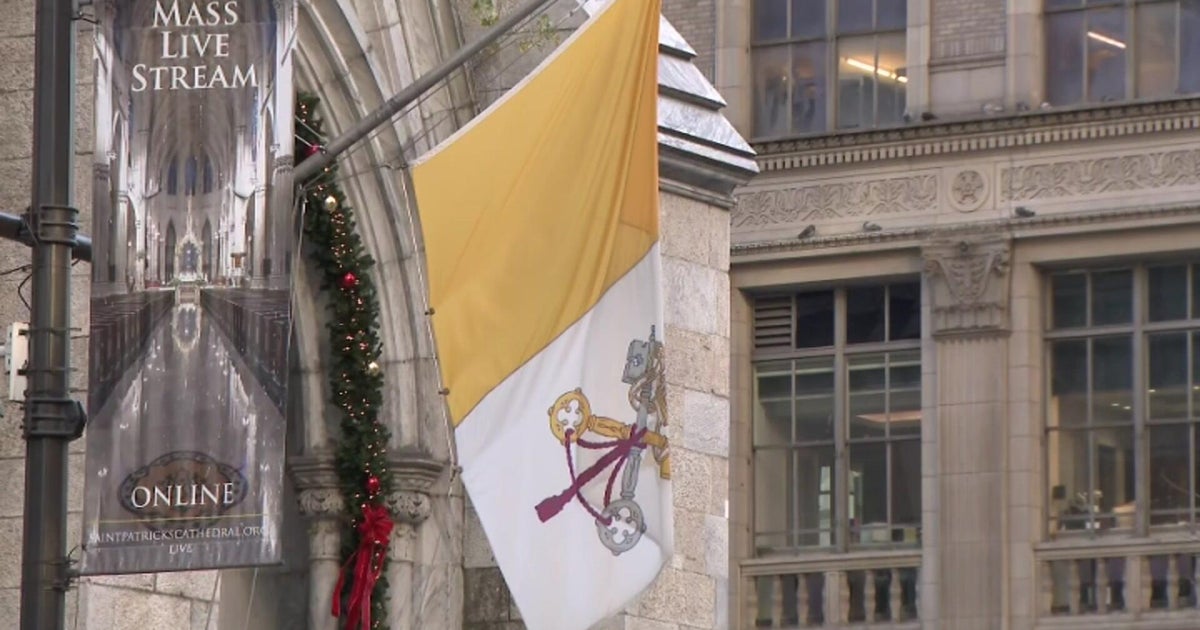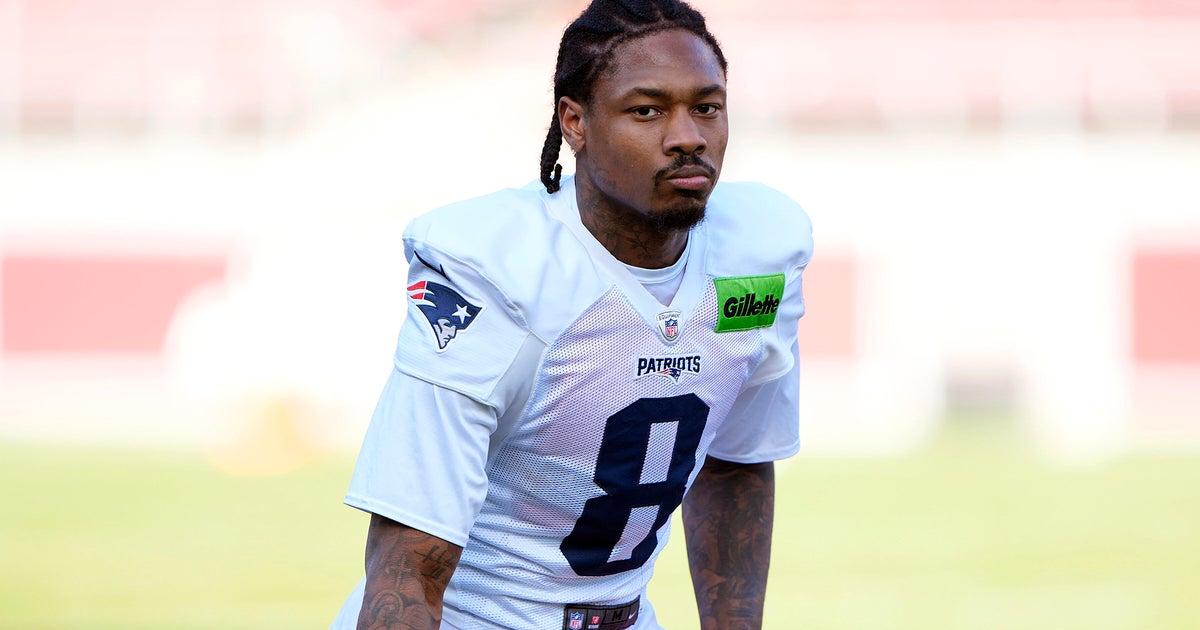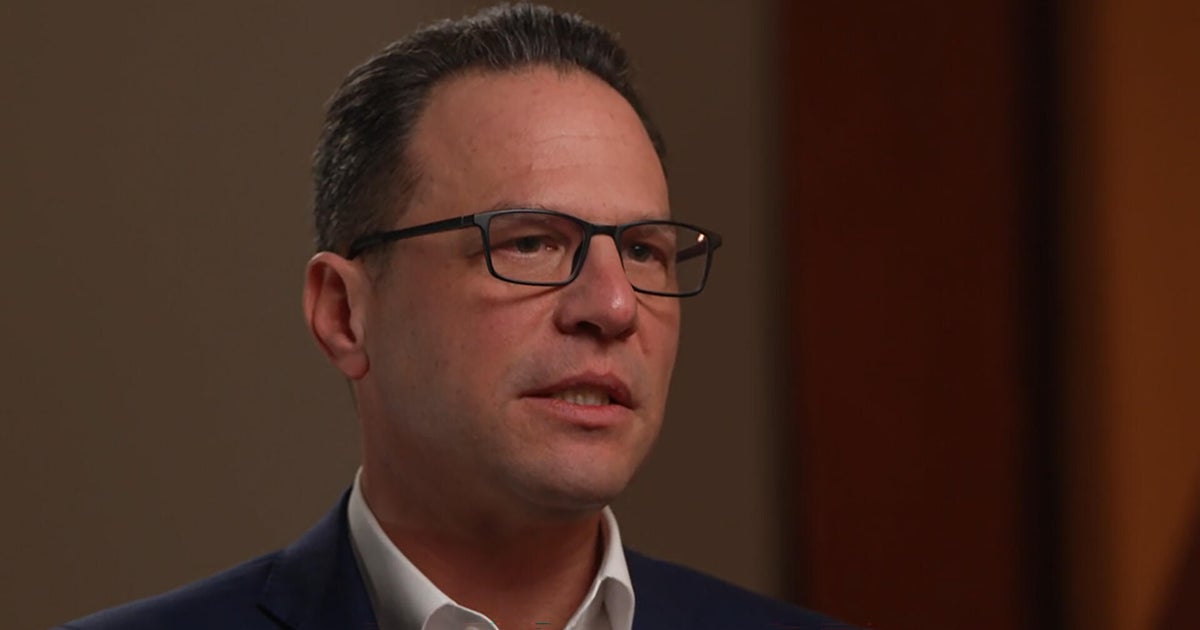Panera to stop selling Charged Sips caffeinated drinks allegedly linked to 2 deaths
Restaurant chain Panera said on Tuesday that it plans to stop selling its Charged Sips caffeinated beverages that are at the center of multiple lawsuits.
The company will phase out the caffeine-laden lemonade drinks nationwide, a spokesperson confirmed to CBS MoneyWatch. As of Tuesday, they were still available for purchase on Panera's website.
The move comes as Panera revamps its menu to offer new "low-caffeine" drink options amid allegations that the caffeinated lemonade drinks caused two deaths. Another plaintiff alleges Panera's Charged Lemonade left her with long-term heart problems. Panera did not indicate why it's phasing out Charged Sips. The company did not comment on pending litigation.
"We listened to more than 30,000 guests about what they wanted from Panera, and are focusing next on the broad array of beverages we know our guests desire — ranging from exciting, on-trend flavors, to low-sugar and low-caffeine options," Panera said of its recent menu changes. The company's new beverage offerings include a "Blueberry Lavender Lemonade" among other options.
Sarah Katz, a 21-year-old college student with a heart condition, died in September 2022 after drinking a Charged Lemonade beverage. Her family filed a lawsuit against Panera alleging the lemonade drink, which contains higher caffeine levels than Red Bull and Monster Energy Drink combined, came with no warning.
A second lawsuit alleges that Dennis Brown of Fleming Island, Florida, died from cardiac arrest after downing three of the drinks and unknowingly consuming high levels of caffeine, according to the suit filed in Superior Court in Delaware.
On its website, the Charged Sips beverages contain between 155 and 302 milligrams of Caffeine. They come with a warning indicating they are not recommended for "children, people sensitive to caffeine, pregnant or nursing women."
It's safe for most healthy adults to consume up to 400 milligrams of caffeine a day, according to The Mayo Clinic. That's the rough equivalent of about four cups of coffee or 10 cans of soda.

